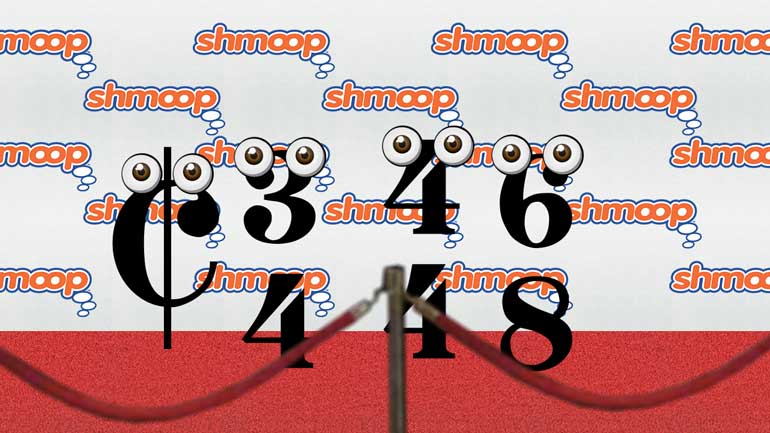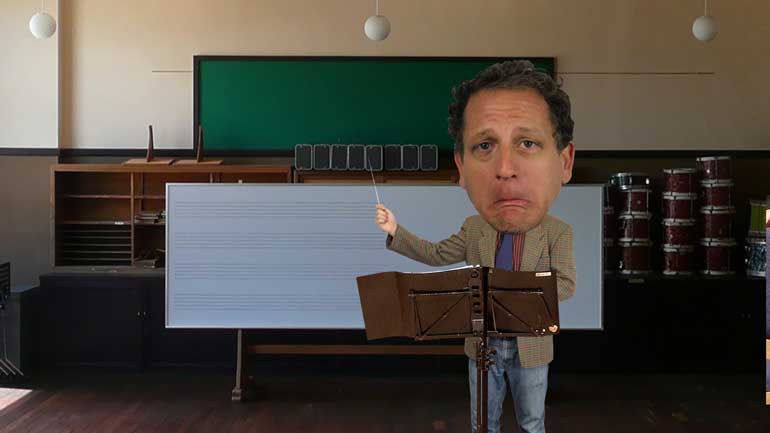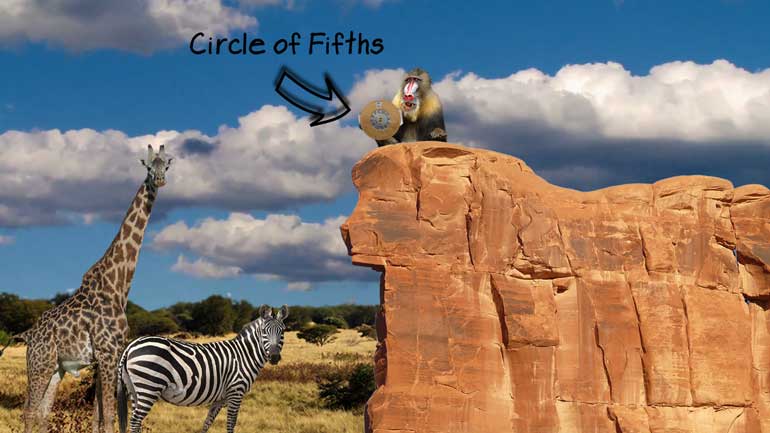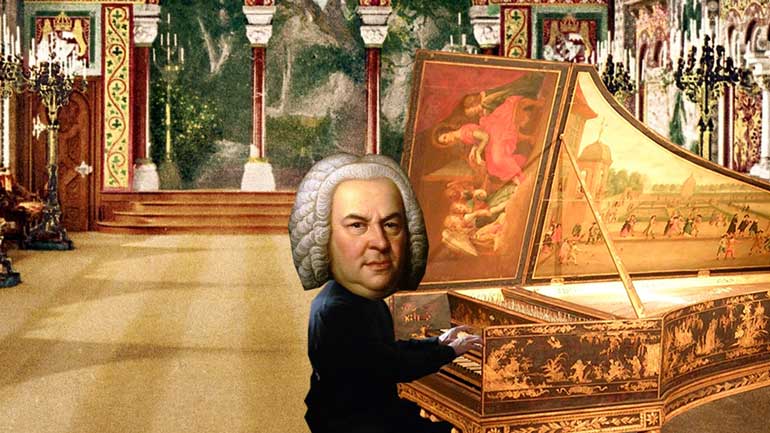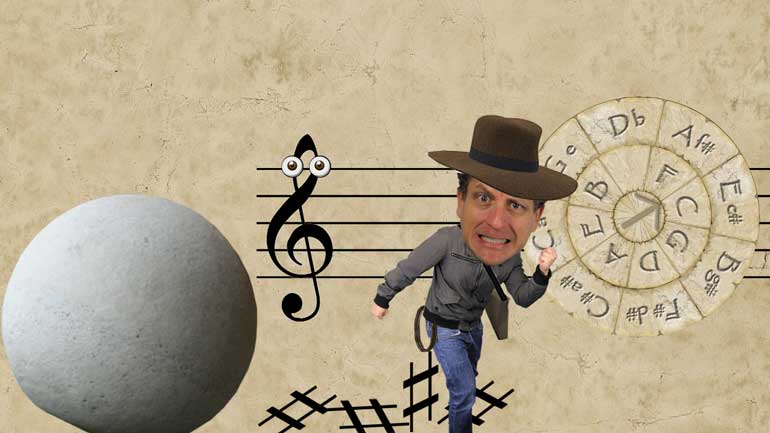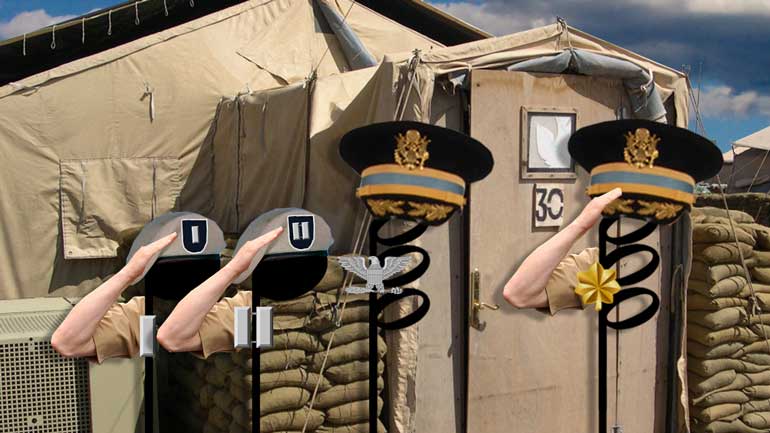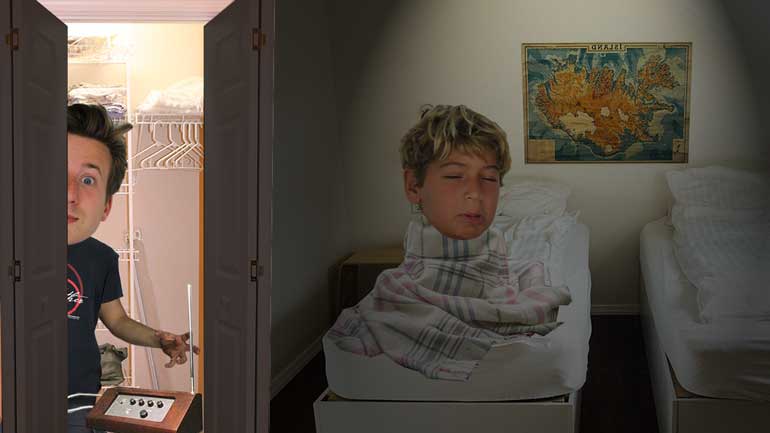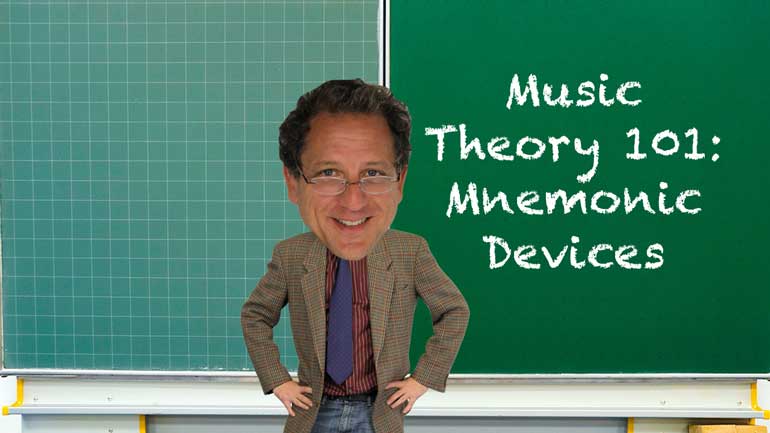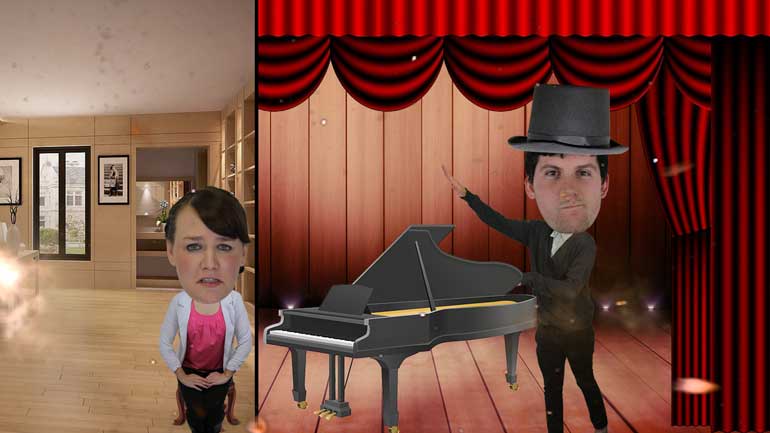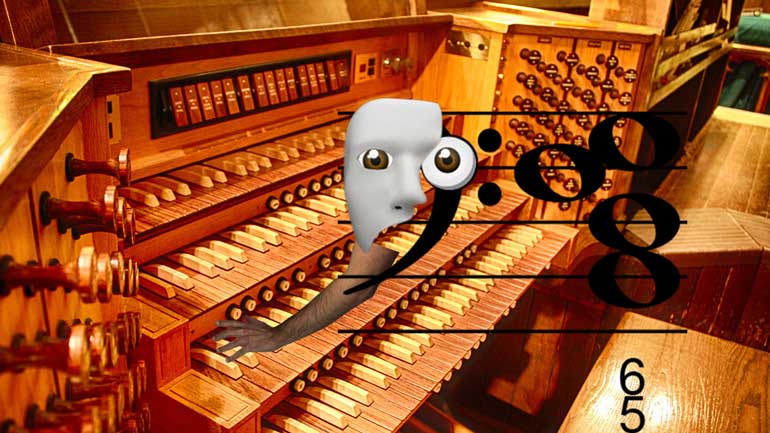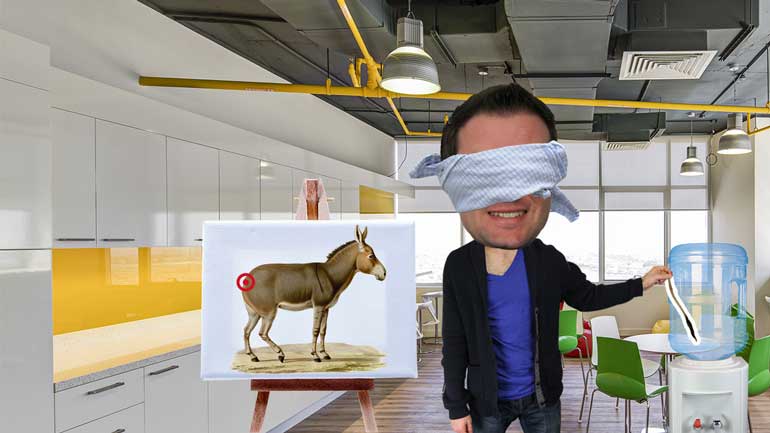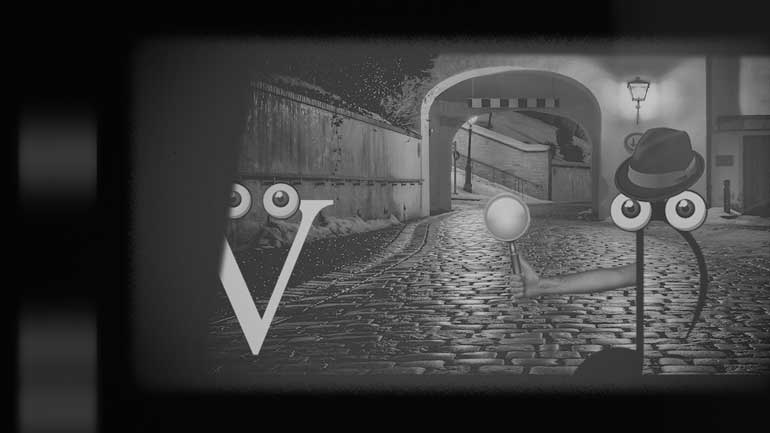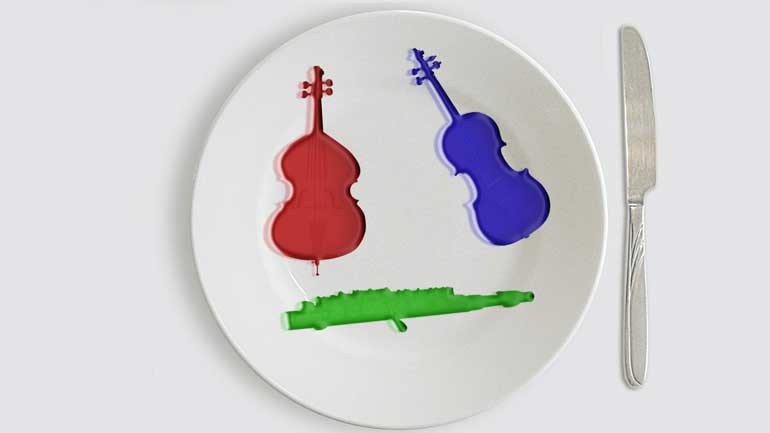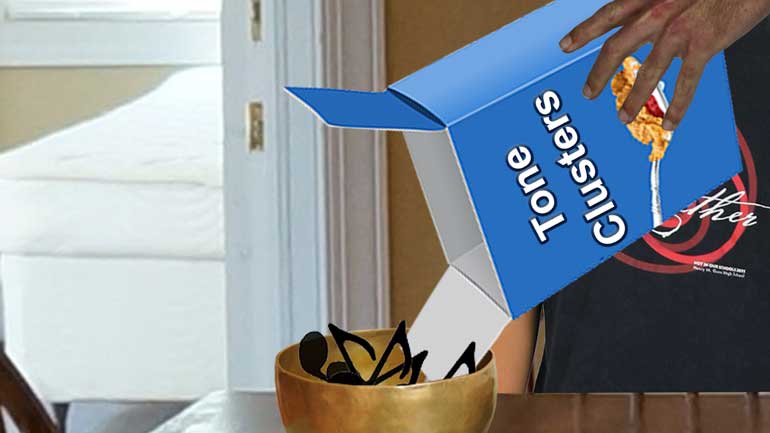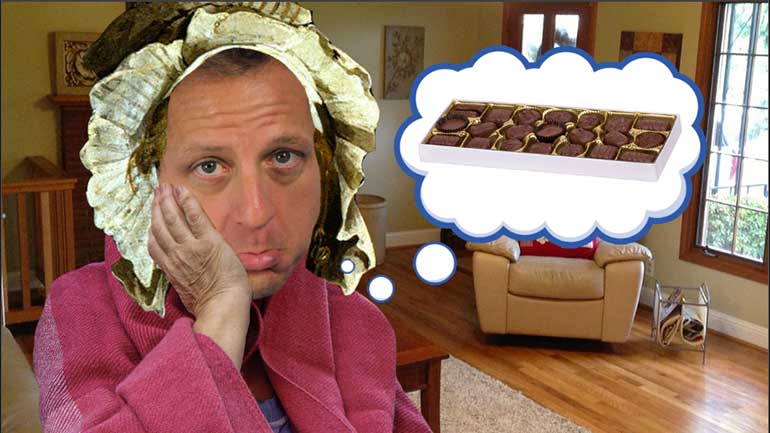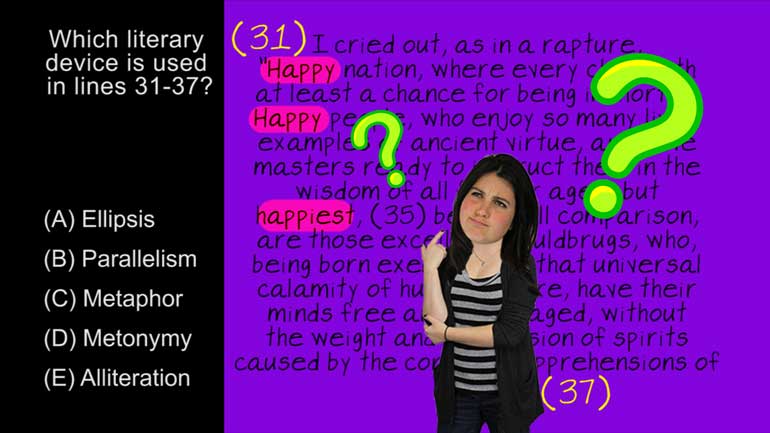ShmoopTube
Where Monty Python meets your 10th grade teacher.
Search Thousands of Shmoop Videos
AP Music Theory Videos 20 videos
AP Music Theory 3.5 Score Analysis. What kind of chord is shown above?
AP Music Theory 4.1 Score Analysis. Which of the following answers is an example of compound meter?
AP Music Theory 1.1 Music Terminology, Terms & Symbols. Which of the following scales contains the notes shown above?
AP Music Theory 1.4 Music Terminology, Terms & Symbols 204 Views
Share It!
Description:
AP Music Theory 1.4 Music Terminology, Terms & Symbols. In the key of D flat major, the chord shown above is what?
Transcript
- 00:00
Thank you We sneak in and here's your shmoop du
- 00:05
jour Brought to you by minor keys One of these
- 00:08
days they'll see an r rated movie Okay here's our
- 00:11
question in the key of d flat major the cord
- 00:13
shone above is what This cord right there And hear
Full Transcript
- 00:16
our potential answers numeral here All right right away We
- 00:21
can see that all of our potential answers have something
- 00:23
in common They're all four chords of some kind That
- 00:26
means that all we need to do is figure out
- 00:28
if the shown cord is diminished minor major or augmented
- 00:33
out I'll salute it if it salutes back It's a
- 00:36
major know Alright what we can actually consider is the
- 00:40
key signature of d flat major And see if all
- 00:44
of the notes in the cord naturally occur in the
- 00:46
key now because demonic devices air apparently crucial in music
- 00:50
theory one on one let's remember the pneumonic for the
- 00:54
order of flats in a key signature be gum candy
- 00:58
fruit No one ever said musicians were good at making
- 01:00
clever demonic so let's also remember the trick toe identifying
- 01:04
major keys and a flat key signature is toe look
- 01:07
Att the second toe last flat in said key signature
- 01:11
Well the second last flat tells us the major key
- 01:14
For instance if we were in b flat major our
- 01:17
key signature would have two flats and the second toe
- 01:20
last flat right here is yet b flat So to
- 01:24
figure out the key signature for a d flat major
- 01:27
we just go through our demonic b e and land
- 01:29
on d for de flat Clever Right then at one
- 01:34
more flat Teo key signature Teo get g flat And
- 01:38
there we go That's our five signature for d flat
- 01:41
major five flats And now that we know d flat
- 01:44
major contains b flat e flat a flat b flat
- 01:48
and e flat we can check the notes in our
- 01:51
court to determine if they exist in the key then
- 01:54
figure out what type of four chord we have Well
- 01:58
g flat check We've got one of those b flat
- 02:01
Yep And d flat that's The key were in So
- 02:04
that makes sense And bingo that's all the flats in
- 02:07
our court All of these notes occur in the key
- 02:10
of d flat major And we know that in a
- 02:13
major key The forecourt is a major and if we
- 02:16
look at our answers while we can see that is
- 02:18
a diminished for cord Bia's a minor for court and
- 02:22
he is an augmented for board which leaves us just
- 02:25
with c on ly major for port in the bunch
- 02:29
Seas are correct Answer that we could have solved that 00:02:31.905 --> [endTime] much faster Ten hut
Related Videos
When you're about to marry the love of your life, not many things could stop you. However, finding out that your future hubby is keeping his crazy...
Here at Shmoop, we work for kids, not just the bottom line. Founded by David Siminoff and his wife Ellen Siminoff, Shmoop was originally conceived...
ACT Math: Elementary Algebra Drill 4, Problem 5. What is the solution to the problem shown?
AP® English Literature and Composition Passage Drill 1, Problem 1. Which literary device is used in lines 31 to 37?
AP® English Literature and Composition Passage Drill 2, Problem 1. What claim does Bacon make that contradicts the maxim "Whatsoever is delig...

